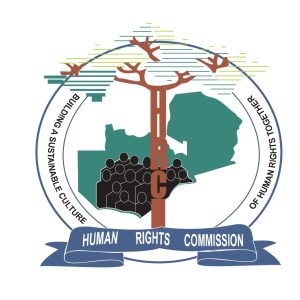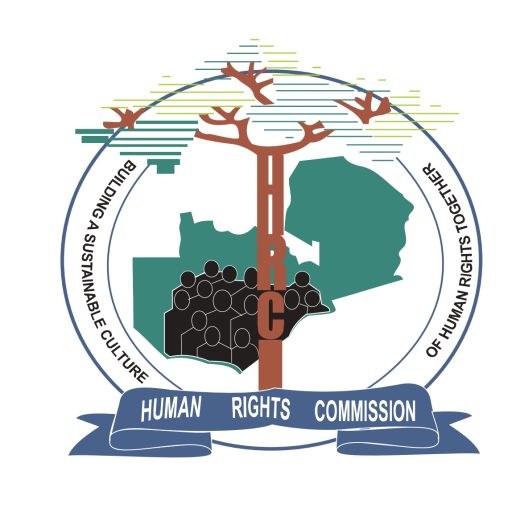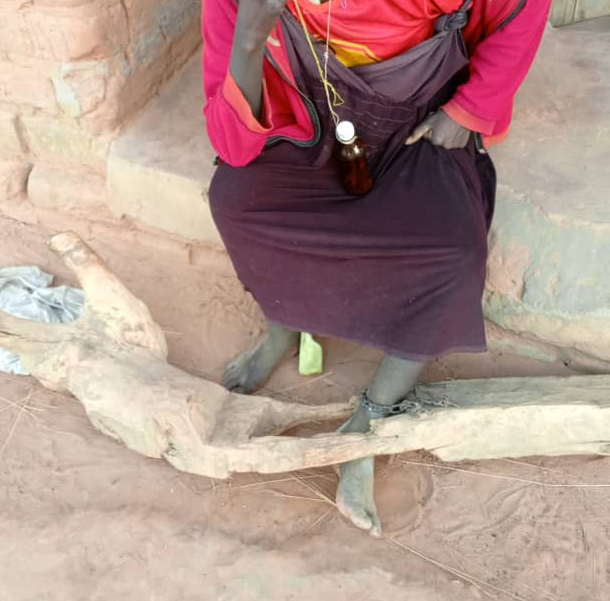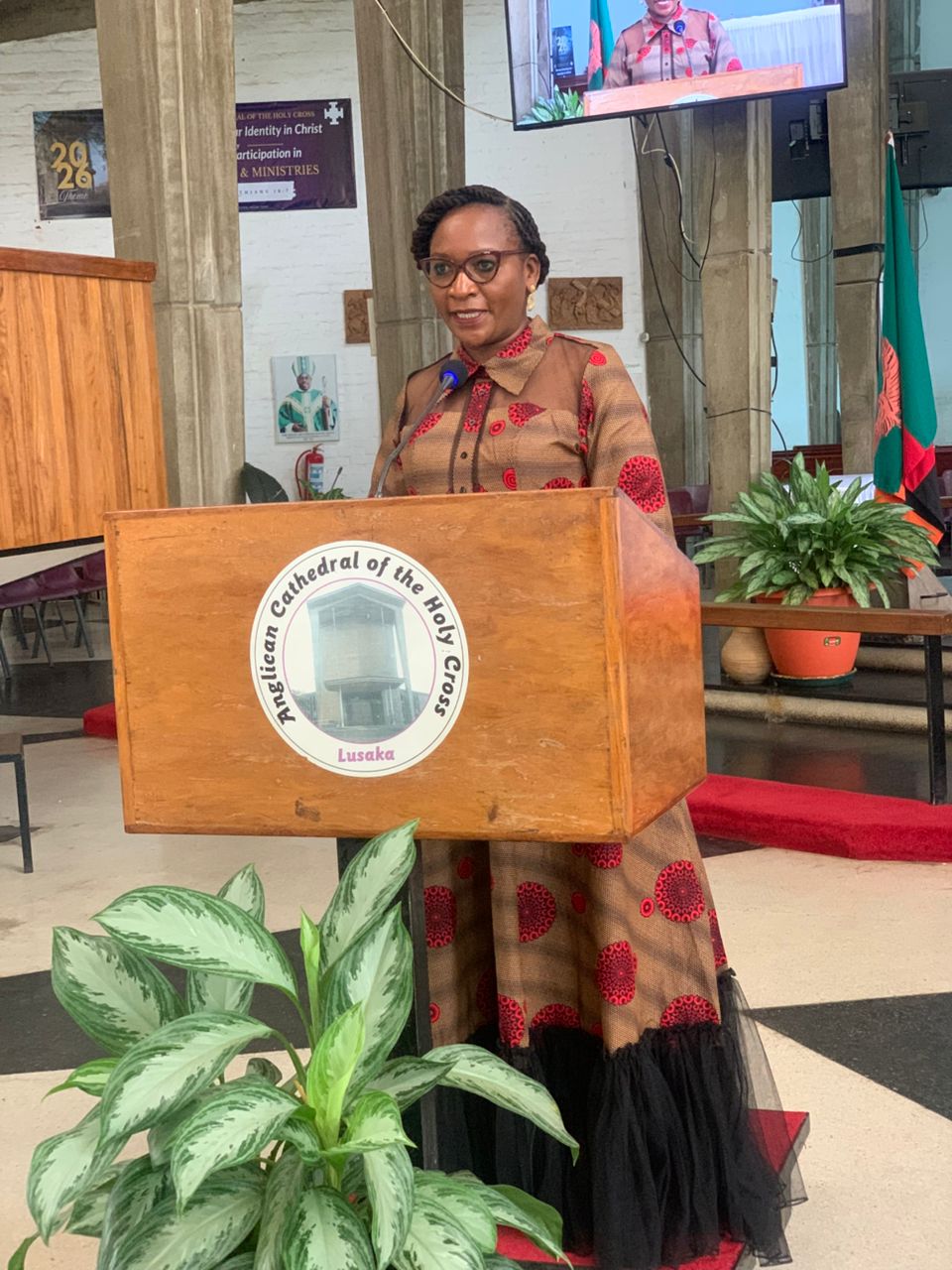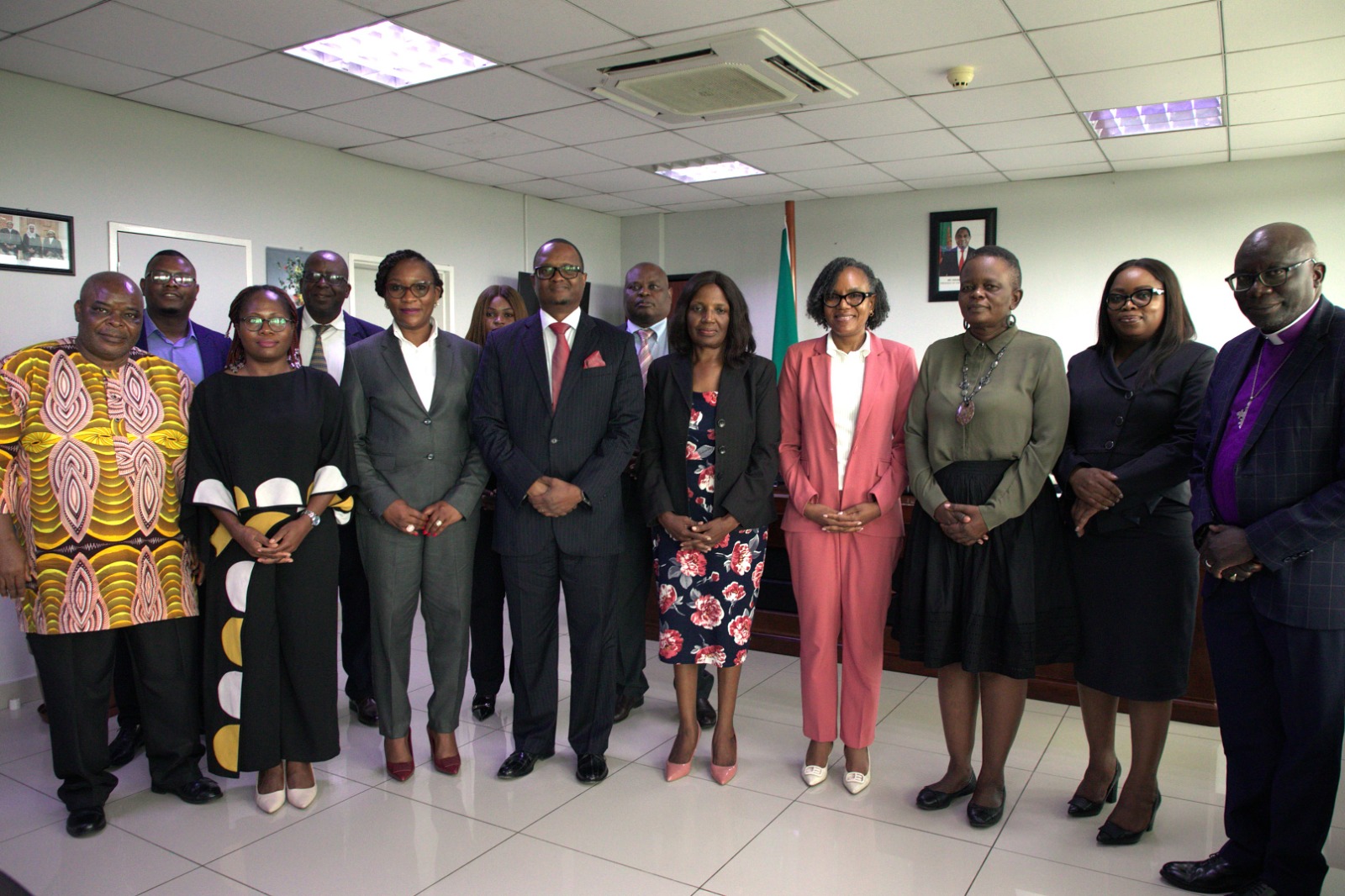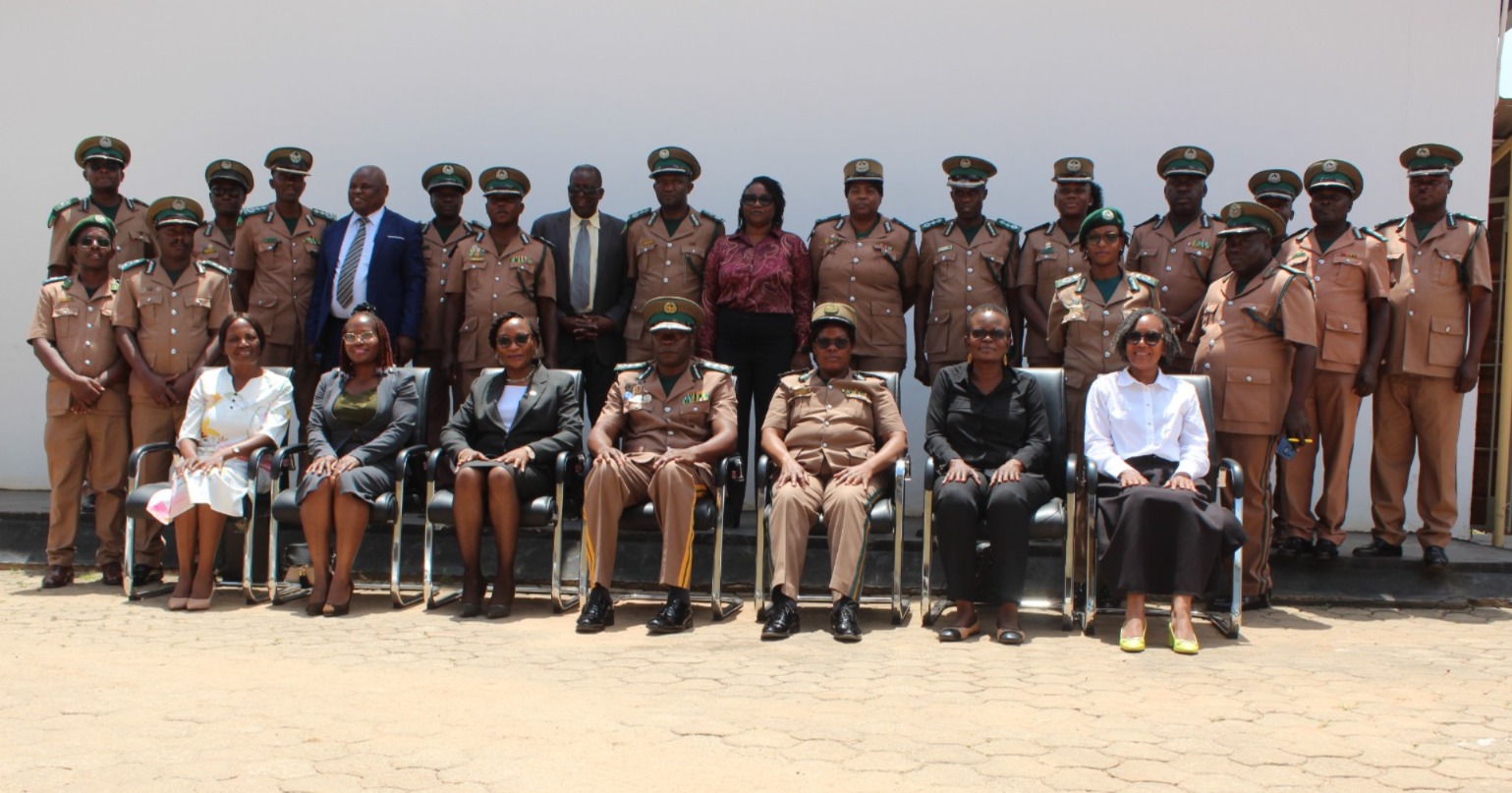The Human Rights Commission Zambia (HRC-Z) and the Zambia Police Service in Mansa intervened to rescue a 47-year-old man with mental illness of Chishi Island in Chifunabuli District who was unlawfully confined by his family and denied the right to seek mental health services.
In March 2024, HRC-Z received a report through police officers who were conducting an operation on Chishi Island about the victim being tied to a tree by his own family in a manner that was inhuman, degrading and humiliating.
HRC-Z carried out investigations and established that the victim, who had seven children, began to experience the mental health condition in 2012. He was not assisted to access healthcare, but the family relied on herbal treatment instead. A family member told HRC-Z that a wooden fetter, tied to the victim’s left leg, was used to limit his movements and restrain him from engaging in violent actions.
The HRC-Z was extremely concerned about the way the victim was treated which was unlawful and serious abuse of his human rights.
The Commission, in collaboration with the Zambia Police Service, moved in to secure the rights of the victim who was assisted to access medical treatment and receive social support.
The victim was taken to Chifunabuli Rural Health Centre where he was assessed and put on special treatment with support from Chifunabuli District Health Office.
The Department of Social Welfare was also engaged to provide social support and, consequently,
the victim’s household was enrolled in the Social Cash Transfer Scheme and started receiving benefits that would ease its financial burden in caring for the victim.
Meanwhile, the victim’s family recently visited HRC-Z’s Luapula Provincial Office to express gratitude for the assistance received from the Commission. The family reported that the victim continued to receive medication treatment and was showing significant signs of improvement.
This case is a striking example of how stakeholders can work together to stop the abuse and unlawful confinement of people with mental health conditions and address the barriers they face in accessing health services.
